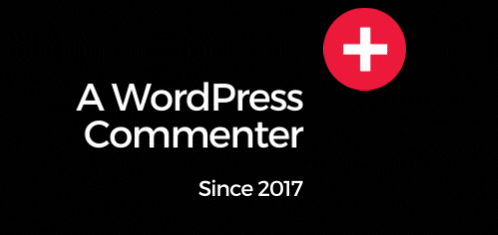Matt Mullenweg says WP Engine fight came after “a lot of community feedback”
Automattic CEO Matt Mullenweg says the decision to take action against WP Engine last September was based on “a lot of community feedback,” pushing back against the idea that it was a “Matt decision,” in a new episode of The Verge’s Decoder podcast.
Automattic and WP Engine have been locked in a tense legal battle since last October following WordCamp US 2024, where Mullenweg used his keynote address to publicly accused WP Engine and its private equity owner, Silver Lake, of profiting from WordPress without giving enough back. In the weeks after the event, WordPress.org cut off WP Engine’s access
and controversially took over the company’s ACF plugin.On the Decoder podcast, host Nilay Patel pressed Mullenweg, asking whether the decision to “take the fight to WP Engine” was a “team decision or a Matt decision.” Mullenweg replied: “That was [a] team [decision] and [followed] a lot of community feedback.” He added, “I take full responsibility for it all. So ultimately, yes, if people are unhappy with it, they should hold me to account.”
Mullenweg didn’t elaborate further, adding he would “dive a lot more deeply into this” in the future after the court battle is over. “Something I’ve learned in this process is to not talk as much while it’s going on,” he said.
While WP Engine has remained tight-lipped since filing legal action last October, Mullenweg was initially very vocal — until his various public statements — including an interview with The Repository — were submitted as evidence in WP Engine’s lawsuit.
Many contributors were blindsided by Mullenweg’s keynote and the public attacks that followed. Last October, 159 Automattic employees who disagreed with Mullenweg’s handling of the WP Engine feud accepted buyouts, including former WordPress Executive Director Josepha Haden Chomphosy.
In December, 20 long-time core committers and contributors signed an open letter urging Mullenweg to pursue “community-minded solutions.” Some of those signatories have since revealed themselves as leading voices behind the FAIR initiative.
Also on the Decoder podcast, Mullenweg addressed his controversial October 2024 comment to The Verge that “WordPress.org just belongs to me personally,” calling it “the worst thing ever” that’s been “taken out of context so many times.” He said he regretted the comment, noting that WordPress.org was “the result of clearly tens of thousands of people.”
Mullenweg said he was “very sad” that his comments had been mischaracterized, a suggestion that Patel firmly challenged while maintaining that The Verge’s reporting was accurate. “I don’t feel like we’re mischaracterizing it,” Patel said, “but that’s you saying, I have an enormous amount of power here and I will use it.”
Addressing Automattic’s unexpected decision in January to pause contributions to WordPress, Mullenweg described it as “an Automattic sabbatical,” noting the team needed “a little break” following months of intense criticism and internal strain. The pause, which ended in May, was “torture” for him personally, he said.
Mullenweg also revealed that he hopes to see collaborative editing — the third phase on the Gutenberg roadmap, aimed at bringing Google Docs-style collaboration to WordPress — included in WordPress 6.9, now expected to ship later this year rather than in 2026. Patel said that when The Verge’s parent company Vox Media moved to WordPress, collaborative editing was his team’s most-requested feature.
Image credit: Chris Clarke.
The post Matt Mullenweg says WP Engine fight came after “a lot of community feedback” appeared first on The Repository.


